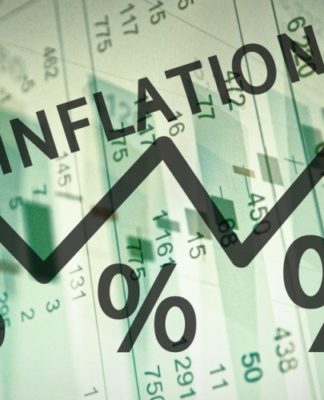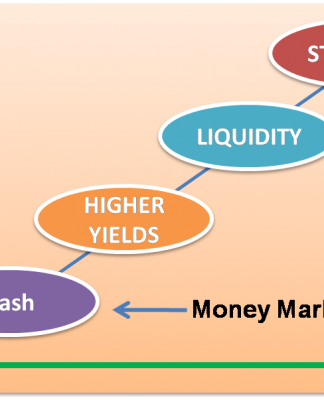It’s your money. It’s your future. And your family’s future. So, you it is understandable that you would fret about your investment decisions. But when it is good to “go with your gut” and buy, or sell, that investment? And in these uncertain times, it can be hard to decide what action to take. Or not to take. So a review is essential says Richard Cayne of Meyer International Ltd.
“Unfortunately, some of us end up being our own worst enemy when it comes to our money,” explains Richard Cayne of Asia Wealth Group and Meyer International of Bangkok, Thailand. “However, there are tools and strategies you can use and consider as you wrestle with your decisions.”
Know your limits
Even the wealthiest and most successful investors weigh all the options they have. This includes their own risk appetites and capacities. Faced with potential profit or loss, you should consider whether you are able to handle the loss, because it should go without saying that there is no such thing as a sure thing. You may feel strongly that you need to make a move, but buy or sell, you may want to think about how big a move you can take on.
Think in the long-term
As evidenced from the recent market fluctuations from COVID-19, markets can correct themselves after being rocked by catastrophic events. So, if you responded too hastily, it is possible that you suffered losses unnecessarily. Long-term thinking allows you to pause and consider historical performances of your investments. Consider the S&P500. Since its founding, that index has had an average annual return of around 10%. Just because it dropped a bit doesn’t mean it’s absolutely going to fail. You need to take a wider view of the situation.
Educate yourself
If you may not want to sit and wait for the long-term, you definitely want to make informed choices. If you sell every time an investment starts ticking down or buy every prospect that is gaining value, you may find your portfolio shrinking fast. Don’t let FOMO (fear of missing out) trigger you. Do your due diligence and research. Spending a little more time on reading up and finding out about where your money is or may be going may be of greater benefit in the long run.
The media does not know everything
News and media outlets are an excellent starting point, especially those with a well-established reputation for finance and business. But remember that their job is not looking after your money. It is to get readers’ attention. While a great source of information, you should also make sure that you try to be as widely read as possible. Don’t be swayed by those click-bait headlines. As the old adage goes, “trust but verify”.
Don’t be afraid to ask for help
Beyond doing the research yourself, find your own experts. Someone like Richard Cayne, a financial expert who has advised and assisted high-net worth individuals for decades. He can discuss, review and explain investments as they apply to your situation so that you can make smart decisions.















